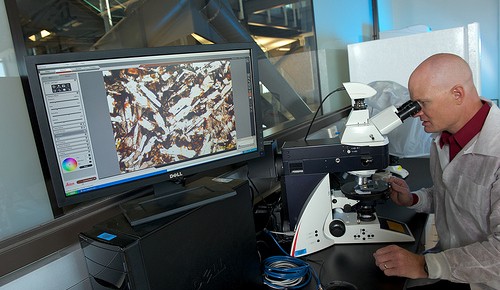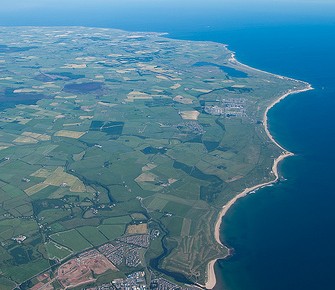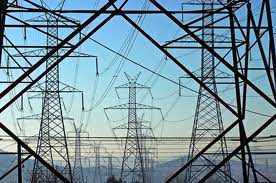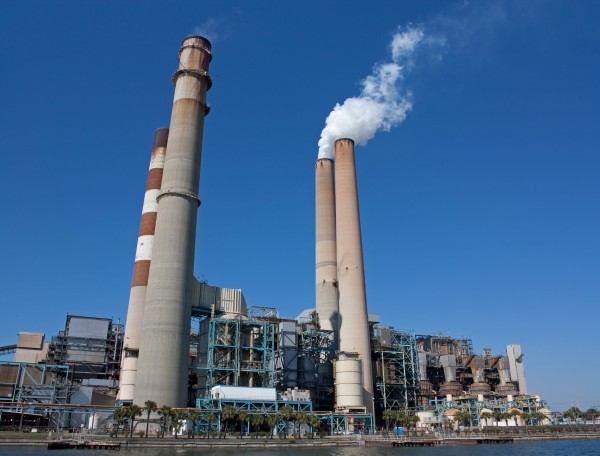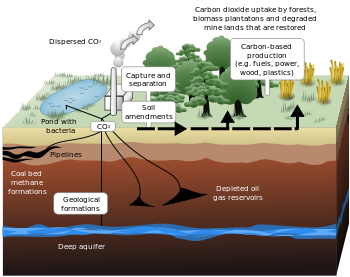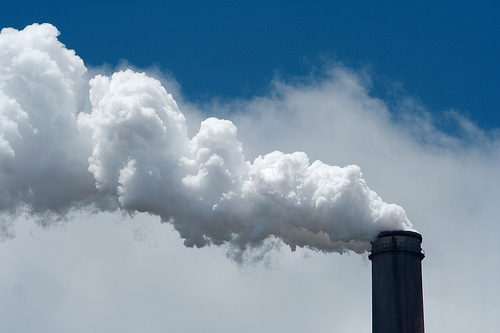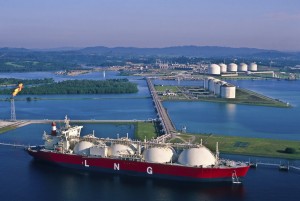The Industrial Age, which has benefited the progress of mankind for more than 100 years, has also brought about a significant increase of carbon dioxide (CO2) into the earth’s atmosphere. The long-term effects of this increase is beginning to show itself in the form of global climate change. We need to address this problem sooner rather than later.
Scientific studies over the years show two effects that are already beginning to appear: the increase in the temperature of the Earth and the world’s oceans are becoming more acidic. These effects will continue to adversely affect the global environment should they be left to go unabated. According to scientists, unless urgent action is taken, the Earth’s temperature will continue to increase and sea levels will rise, resulting in negative impacts on both land and sea environments.
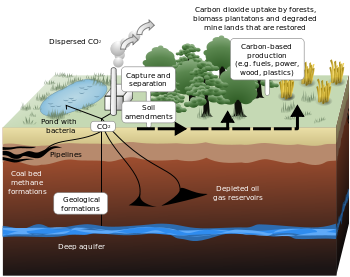
CO2 is a naturally occurring gas and essential to life on Earth. It is found in carbonated soft drinks, beer, and champagne as the bubbly “fizz.” The layer of CO2 that exists in the atmosphere prevents reflection of the heat produced by the rays of the sun back into space, allowing plant and animal life to survive. But there are other gases such as nitrous oxide, methane, and water vapor that contribute to the prevention of heat escaping back into space.
Obviously, the problem is what happens when too much CO2 is emitted or trapped in the atmosphere. While green plants use CO2 to live and animals emit CO2 as a by-product of breathing, the amount added to the atmosphere by man’s progress and industrialization is causing more heat than naturally intended to be trapped, causing the temperature to rise.
One of the major impacts of the production of electricity is the increased burning of fossil fuels to generate the amounts necessary to keep up with the increasing demand. The use of natural gas to heat homes also contributes to the increased amounts of CO2, as CO2 is a by-product of the production of natural gas. Add to these industrial processes the production of iron, steel, cement, ammonia, and the refinement of oil necessary to produce gasoline, and the amount of CO2 emitted into the air increases dramatically.
Deforestation and land clearing, either by natural occurrences such as wildfires, or progress by man when clearing land, reduces the number of green plants available to use the excess amounts of carbon dioxide produced by unnatural sources.

